By Shala Watson
Winds of change bring fresh faces and concepts to agriculture. It’s happening now. And will continue.
Because the average age of U.S. farmers and ranchers today is about 58, according to the United States Department of Agriculture’s Census of Agriculture. By 2030, more than half a million of the country’s farmers will retire. Leaving big boots to fill.
But there’s a younger generation stepping up. They show a renewed interest in agriculture. And work to move forward with a fresh perspective and innovative skills.
Eager to tackle the challenges. Tenacious. But cautious.
Young farmers are stepping into those boots on and off the field. They learn from seasoned farmers and ranchers. Apply their classroom education. And adapt new technologies to keep family farms profitable.
They’re expanding into other agriculturally related fields. Offering new approaches to agricultural businesses and enterprises.
And they’re using social media, just as many millennials do. But they’re also telling their stories. Helping make agriculture more attractive to others by sharing facts, engaging with folks and developing stronger relationships between farmers and consumers.
Those who are first generation farmers face financial obstacles to enter into agriculture. But they’re finding ways to overcome those through connections with other farmers. They’re developing a unique system through sharing equipment and bartering for goods or services to overcome some of the capital requirements.
Whether they’re picking up where their parents left off or starting at the bottom of the business and working their way up, there’s a future for millennials in agriculture. For young farmers and ranchers who want to grow more. Do more. And reach more folks.
Texas Farm Bureau’s Young Farmer & Rancher program encourages and helps those young farmers succeed by cultivating stronger leadership skills. Networking. And harnessing their passion.
Those boots need someone to fill them. And Texas is looking to the next generation to do so.

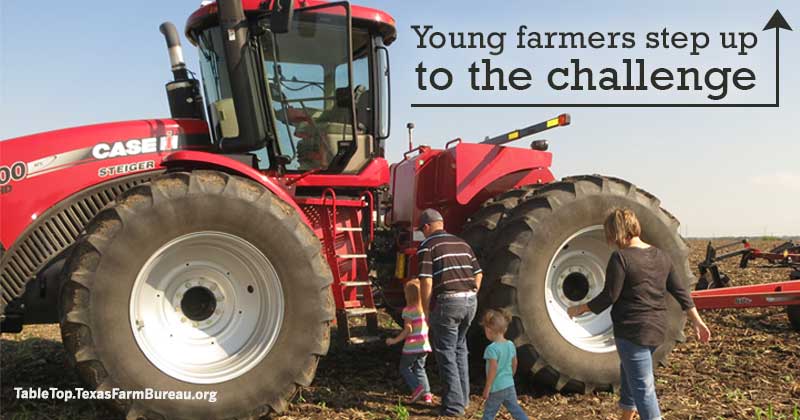
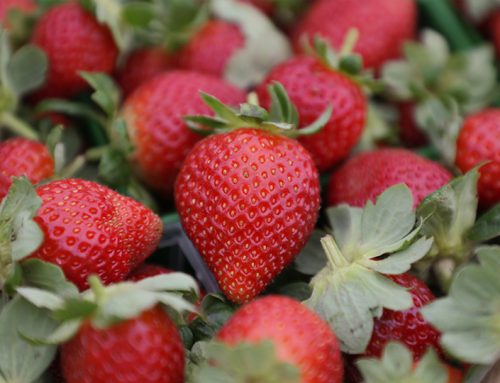
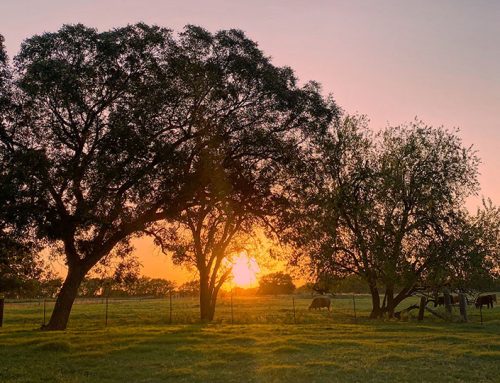
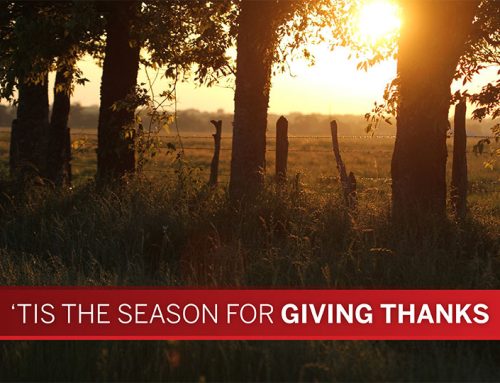
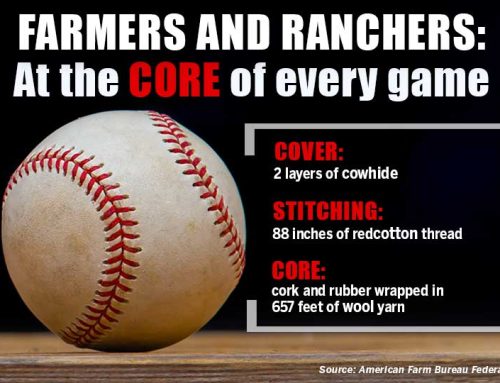
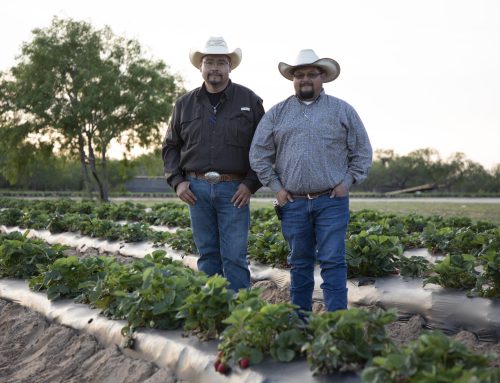




Leave A Comment